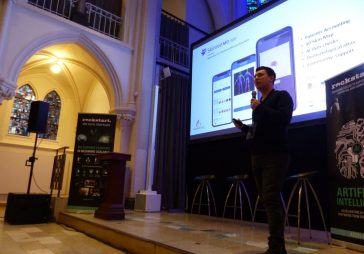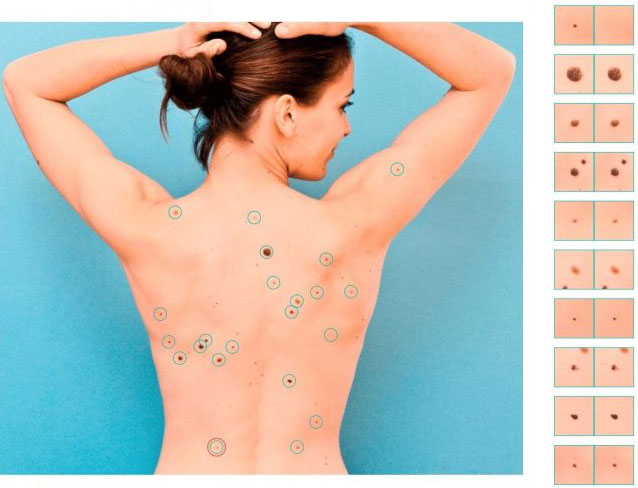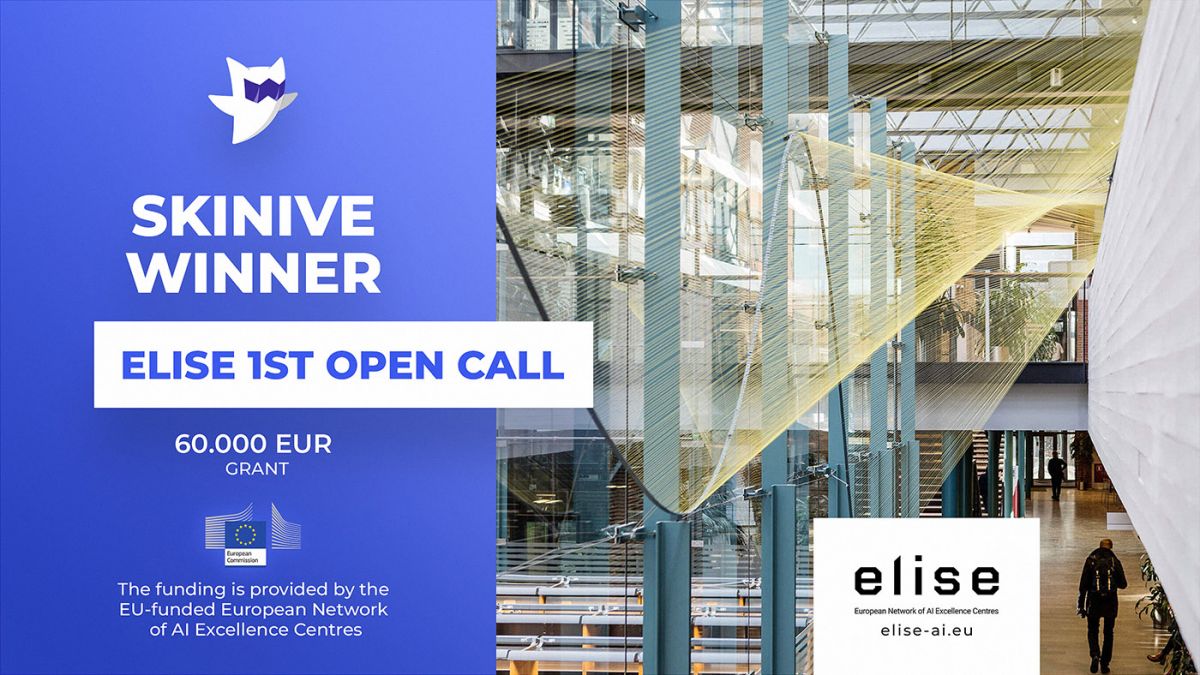Empowering Patients Through the Internet
Thanks to the internet’s rapid evolution and efficient telecommunications, patients today wield more control over their healthcare journey than ever before. Smartphones have become a gateway to health, enabling patients to connect with healthcare providers, share images, and even gain insights into their conditions through various apps. This digital revolution is reshaping our healthcare landscape, and the latest wave, artificial intelligence (AI), promises to be a game-changer.
AI: The Rising Star
Artificial intelligence, fueled by rapid advances in deep learning, is beginning to bridge the gap between human doctors and machines. Chatbots now answer our questions and may help tackle the healthcare staffing crisis. AI systems like ChatGPT are used in dermatological practice and write manuscripts in seconds, and Dall-E creates art in any style. This isn’t just about answering healthcare queries; it’s also about summarizing clinical conversations, producing medical illustrations, and generating scientific publications. The era of AI in healthcare is upon us.
Personalized Care on the Horizon
In the long term, AI could revolutionize healthcare by providing personalized advice tailored to individual patient characteristics, moving beyond the one-size-fits-all guidelines based primarily on specific demographics. ChatGPT, for instance, has outperformed the average medical student, and Google is testing its medical chatbot Med-PaLM2 at the Mayo Clinic, along with the launch of the Derm Assist app.
AI’s Impact on Dermatology
While AI has made remarkable strides in medical specialties like pathology and radiology, dermatology has been a bit slower to adopt. Nonetheless, impressive breakthroughs are occurring in dermatology AI, enhancing the practice and care.
Collaboration, Not Replacement
Let’s make it clear: AI won’t replace dermatologists; it will empower them. Most AI tools are designed to complement dermatologists, enhancing patient care through a collaborative approach known as augmented intelligence. Dermatologists who embrace AI will lead the way in patient care, while those who resist may find themselves lagging behind.
Skinive Apps: A Game Changer
The most notable AI applications in dermatology are Skinive: the Skinive app for home skin self-exams, and the SkiniveMD app for GP’s and Dermatologists, as well as other AI tools have great potential to take dermatological care to new heights. However, it also poses new challenges, especially in the area of ethics.
AI in Healthcare: A Rapid Evolution
AI’s role in healthcare is expanding at an unprecedented pace. Beyond pathology and radiology, dermatology is poised to be a trailblazer. AI algorithms, whether self-learning or not, can assess biopsies and imaging studies, often outperforming human experts. Already, AI is being used to evaluate skin abnormalities.
Skinive: A Leader in Dermatology AI
Several apps can analyze smartphone photos of skin issues for malignancy risks, and Skinive stands out as a well-studied and renowned example. These apps serve various healthcare purposes, allowing citizens and patients to assess their skin’s condition and determine whether a doctor’s visit is necessary. Additionally, primary care specialists like GPs can use best dermatology apps to make referral decisions or patient triage . With enhanced sensitivity and specificity, AI applications like these could serve as invaluable second opinions in secondary care and even as population screening tools in public health. As a result it will ultimately help in easing burnout for Dermatologists, GPs, and Cosmetologists.
Ethical Considerations
However, with AI’s rapid ascent come concerns. Reliability is paramount. False positives from AI apps can lead to unnecessary anxiety and medical interventions. Patients and doctors sometimes place too much trust in AI results, a phenomenon known as “automation bias.” Achieving the right balance between benefit and harm is essential.
Ethical AI: A Must-Have
Leading organizations, including the WHO, emphasize the ethical aspects of AI in healthcare. Principles such as reliability, security, transparency, and inclusivity guide ethical AI use. Fundamental medical ethics principles, like beneficence, non-maleficence, respect for autonomy, and justice, remain relevant. Ethical AI encompasses not only the technology but also its responsible use throughout the healthcare journey.
Responsibility and Accountability
Determining responsibility for errors or harm caused by AI applications is a crucial issue, especially for doctors. In general, physicians recommending health apps bear professional responsibility. They must inform patients about the pros, cons, and risks. Explainability and transparency are key. Knowing how an algorithm reached a decision fosters accountability. The debate continues on whether AI should always be explainable or if research proving its reliability suffices.
Data, Privacy, and Security
In this data-driven age, questions arise about how apps handle patient data. Stringent laws and regulations guide data handling, but trade-offs may be necessary. Detailed data can enhance reliability but also pose privacy risks. Commercial interests sometimes conflict with providing quality care. Data, especially health data, are valuable. Research reveals that many commercial health apps handle user data poorly. Transparency is essential, and doctors should caution patients about these privacy issues.
Doctor-Patient Relationship
Dermatology apps empower individuals to take charge of their health, boosting patient autonomy and accessibility. However, this advantage doesn’t apply universally. Some, often due to digital literacy limitations, struggle with using such apps. Factors like smartphone costs, language barriers, and personal preferences for face-to-face interactions with doctors must be considered.
Dermatology AI as a Collaborator
Looking ahead, we must consider AI’s role as a third party in healthcare. How do we incorporate AI’s treatment recommendations or prognoses into collaborative decision-making? Doctors and AI can coexist in various models, from AI as a tool to AI as a digital colleague offering second opinions. Tasks where AI excels could be delegated to apps, freeing doctors to focus on other crucial aspects of patient care.
Concluding Thoughts
As we embrace derma apps and other AI applications, it’s vital to discuss how they can genuinely contribute to better healthcare. Collaborative AI and responsible AI use can usher in a new era of dermatological care, providing both patients and doctors with powerful tools for improved outcomes. The future is here, and it’s a future where AI supports dermatologists, not replaces them.










